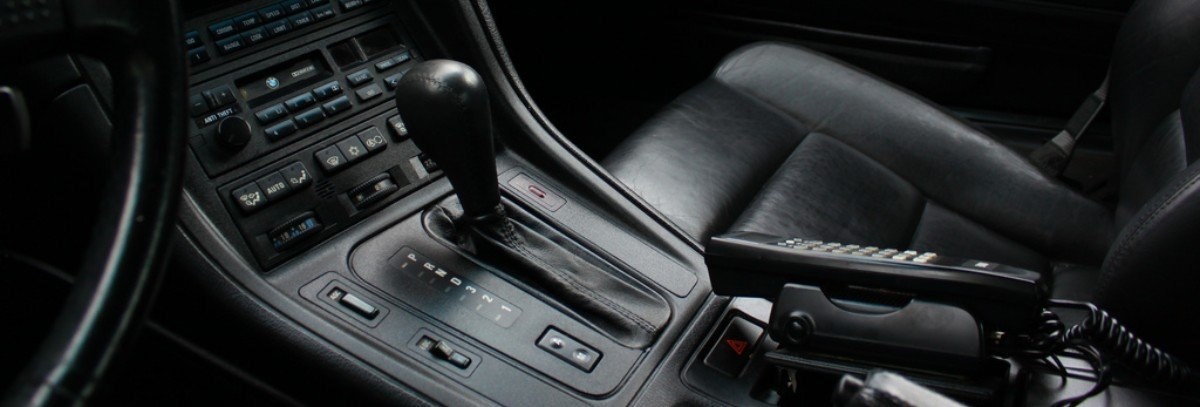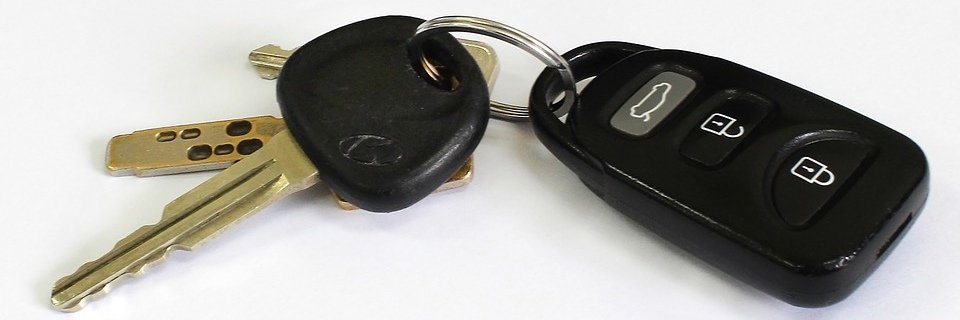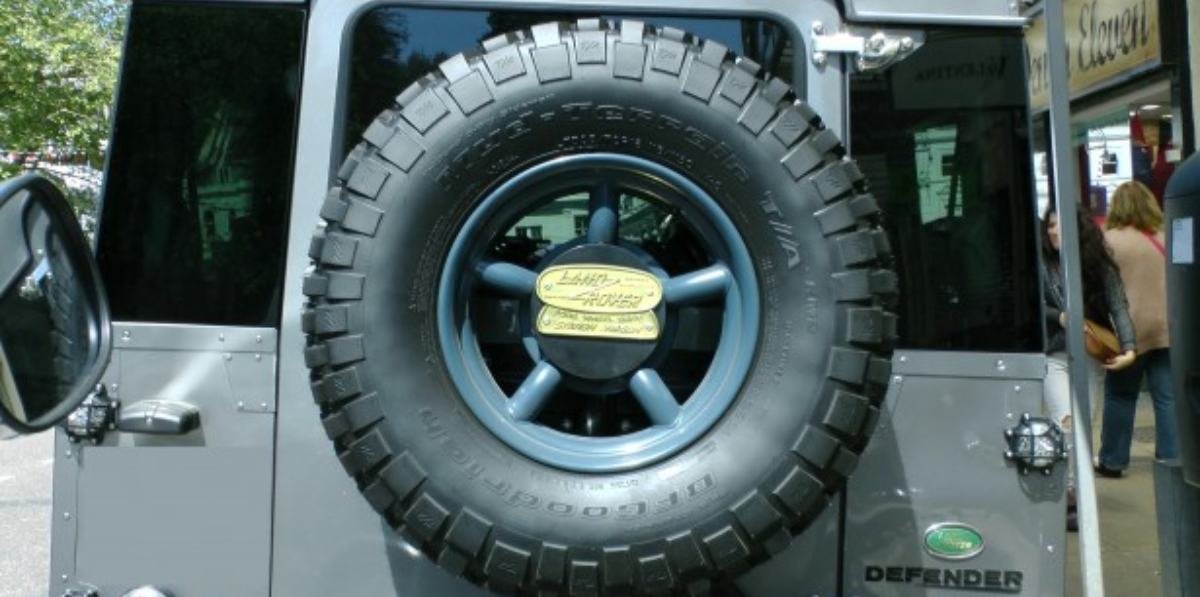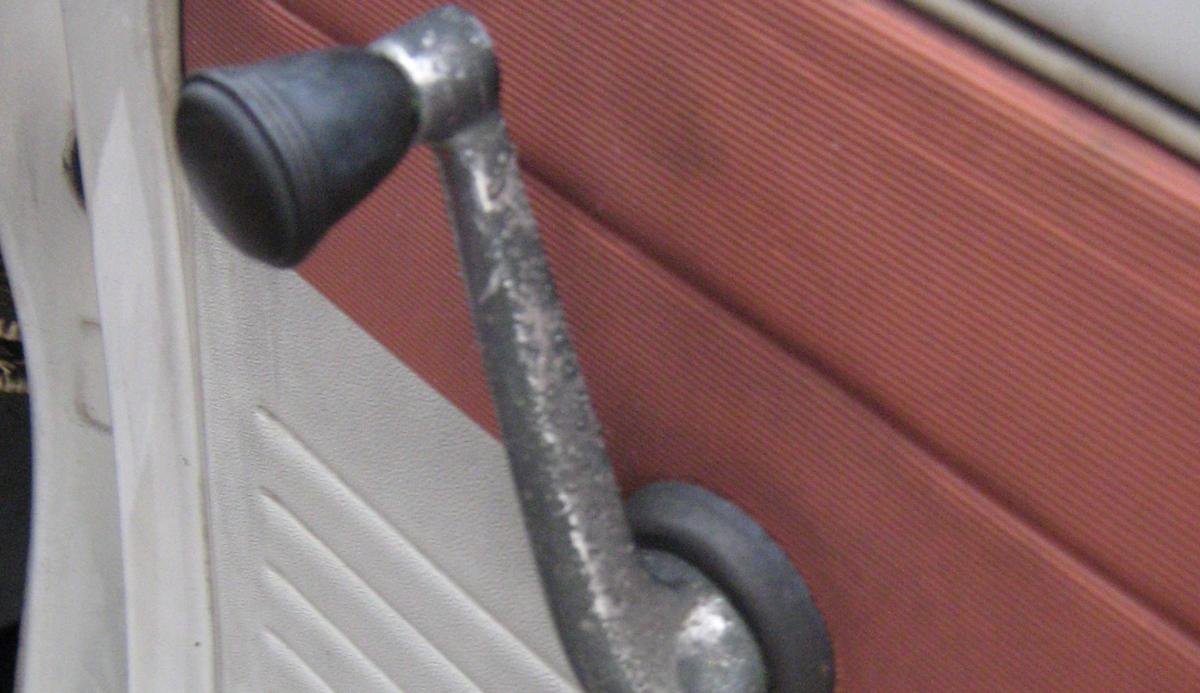Ashtrays & Cigarette Lighters
There was a time not that long ago when the majority of cars on sale came with an ashtray and cigarette lighter. Many cars even featured an ashtray in the back passenger compartment.
However, tighter regulations and an increased awareness of the dangers of smoking have resulted in many car manufacturers no longer including ashtrays and cigarette lighters in cars. In 2015, it became illegal to smoke in a car with anyone under 18 in it to protect them against the dangers of second-hand smoke inhalation. The driver and smoker can both face fines of £50 if caught.
Even if you aren’t carrying children in the car it is still possible to be fined when driving and smoking. Police may consider that you are driving without due care or attention or even that you are not in proper control of the vehicle.
Plus in England, all company vehicles are required to be smoke-free at all times if used to transport members of the public or used in paid or voluntary work by more than one person.

Car Phones
Car phones became popular in the seventies and their presence in cars continued into the nineties. Many car phone handsets were built into the centre console of the car, especially in high-end business saloons.
It wasn’t until 1981 that full numbers could be dialled and calls could be made without you needing to connect via an operator first. By 1989, car phones were so popular a brand new business high chain street opened its door ‘Carphone Warehouse’. While it might be more commonly known for selling mobile phones today the company started out in the car phone industry.
Car phones soon became unnecessary as mobile phones developed. However, that isn’t the end of the story as car manufacturers and mobile phone producers continue to attempt to make it easier to utilise various aspects of our mobiles while on the go. New MirrorScreen technology like Apple CarPlay and Android Auto is now available in most new cars and allows you to access certain apps through the cars infotainment system. Find out more about Apple CarPlay and Android Auto.

Car Keys
Car keys were originally designed to make cars safer, easier to start and more fun to drive. The development of technology and the increasing move to making everyday tasks easier has seen many manufacturers move from the traditional lock and key to central locking devices and now to keyless entry and start systems. Some manufacturers including Tesla, Mercedes, Volvo, BMW and General Motors have taken things a step further with owners only needing a phone app to open, lock and start their vehicle.
Keyless car fobs contain identity chips that listen out for radio signals broadcast by cars. When you place your hand on the vehicle the car sends out a radio signal and if a fob is in range it responds by sending back a code. If the car recognises the code then it unlocks.
The only problem with a keyless entry system is that it has caused a rise in car thefts. Thieves are able to use booster technology to enhance the signal emitted by the car and the fob which enables your car to be unlocked even if the fob is some distance away. To prevent this happening to your vehicle many manufacturers recommend placing your key in a shielded protection case which completely blocks the signal from your vehicle. Another common fix is an old-fashioned steering wheel lock which prevents thieves from driving away even if they do manage to access your vehicle.

Full-Sized Spare Wheel
Ever changed your tyre? Well, you may be surprised to learn that this is becoming an increasingly rare occurrence. With a poll from Flipping Bangers suggesting that just 27% of 18-23 year-olds have ever changed a wheel.
The spare wheel known as the Stepney Spare Wheel was first invented by Thomas Morris Davies in Llanelli in 1904. At the time if you got a puncture you could be left completely stranded and unable to go anywhere. The Stepney spare wheel revolutionised car travel and helped to make long journeys more viable.
The move to scrap the spare wheel can largely be attributed to the need for manufacturers to reduce car emissions. This is because the EU test for CO2 emissions uses the car’s weight to calibrate the rolling road, therefore, the lighter the car the lower the emissions. By removing the spare wheel manufacturers are also able to maximise on boot space. However, it’s not all good news as the RAC has also reported an increase in tyre related breakdowns since the reduction in the supply of spare tyres.
Fewer new cars are now supplied with a full-sized spare wheel. HonestJohn claims just 8% of new cars are sold with a full-size spare wheel as standard with most new cars coming with a space saver spare tyre, a tyre repair kit or run on run-flat tyres. However, many manufacturers do offer a spare wheel as an optional extra.

Manual Windows
Once upon a time, powered windows were considered a real luxury addition to a vehicle. Now they are so mainstream you’d have more trouble finding a car with manual wind-down windows fitted.
The very first powered window was introduced by Packard Motor Cars in 1940. However, they didn’t become mainstream until much later in the twentieth century when the technology advanced and as a result, the cost fell.
A worry for many parents, when powered windows were first introduced was the risk of children accidentally triggering the rear electric windows. To prevent this many cars are fitted with a driver-controlled lockout switch which when in operation prevents anyone other than the driver from controlling the windows.
By 2008 a number of car manufacturers had completely abandoned hand-cranked windows. However, there are a few manufacturers who haven’t turned their back on the manual window. Many small hatches and city cars are available with manual windows as it allows manufacturers to keep the cost down. Manual windows also consist of fewer parts so tend to be more robust and less likely to go wrong.

Cassette & CD Players
According to the Philips website their first in-dash car radio with built-in cassette player, Type RN582, went on the market in 1968. Although, car cassette tapes were not generally adopted until the mid-seventies. We have fond memories of spending hours creating the perfect mixtape for a long journey and are sure some of you will too!
The introduction of the CD player in the eighties could have caused the end of the cassette but against the odds, the cassette continued to survive. The CD player and the cassette co-existed together quite happily for a number of years with people frequently making use of both systems within their vehicle. In fact, it’s thought the last car to be manufactured with a cassette player was in 2010.
But as ever advanced technology eventually brought about the end of the CD player and cassette. Most new cars now come with a sophisticated infotainment system including Bluetooth and Smartphone mirroring, which allows you to use your favourite music streaming apps while on the move. There is no need to make mixtapes anymore as it’s all about streaming your favourite playlist now!

Taking a look at just some of the things we miss from old car models has certainly left us feeling nostalgic. If reading this has left you with a yearning to take a trip down memory lane then why not let us know what it is you miss from older vehicles or if there’s anything you think needs bringing back. Get in touch with us via Facebook, Twitter or Instagram.